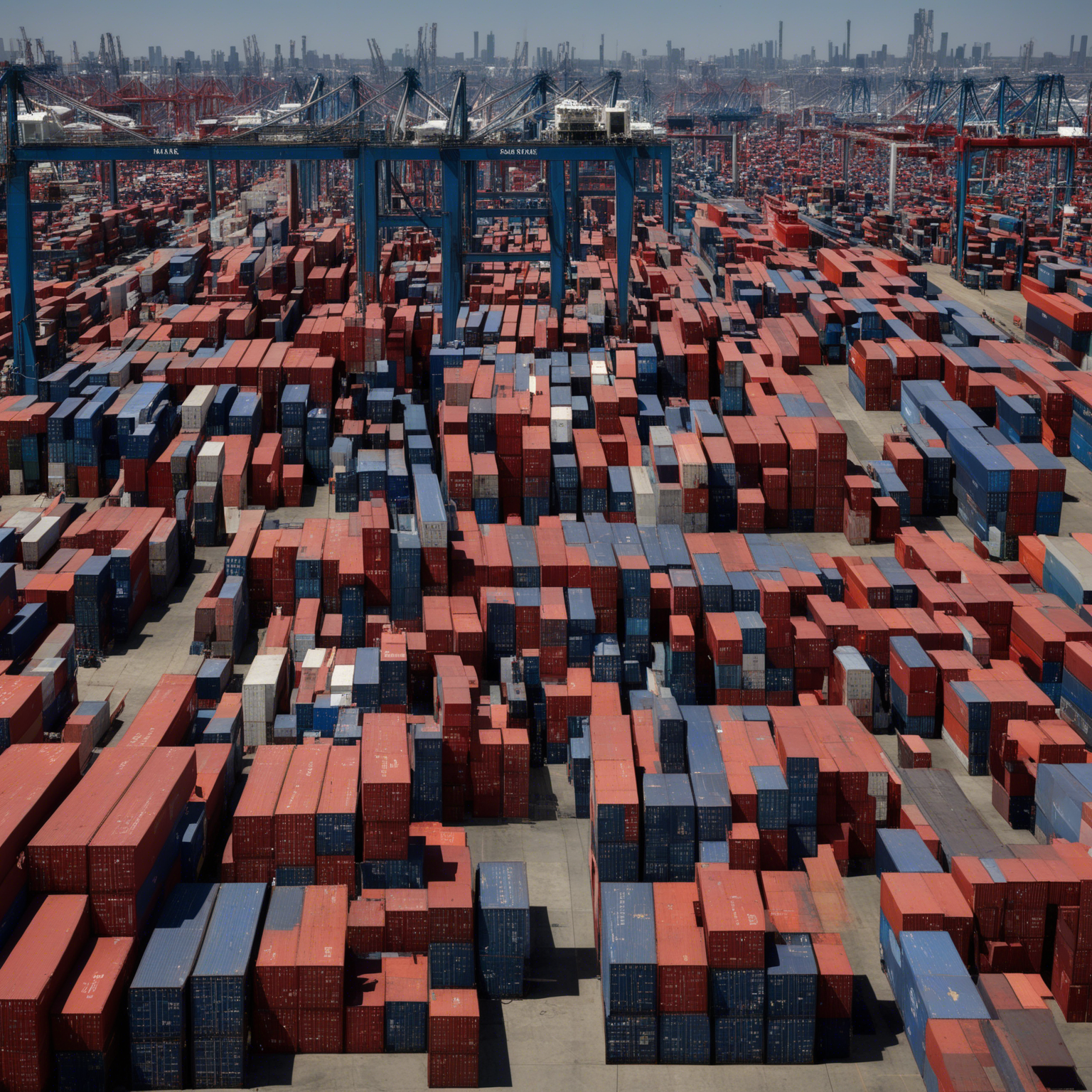
As Congress debates yet another Continuing Resolution to hastily fund the federal government for a few months, the House yesterday passed a resolution that mixes together several bills. Tucked within...

FEB 28, 2025 | President Donald Trump’s pledge to enact sweeping 25% tariffs on imports from Canada and Mexico begins this Tuesday, March 4. While Trump’s team has used the...

Washington, D.C. – Over the weekend, President Trump announced 25% tariffs to be applied to goods coming from both Canada and Mexico beginning February 4th. Similar tariffs would be applied to Chinese imports at just 10%....

WASHINGTON, D.C. – As the next Congress takes shape following President Trump’s electoral victory and Republican control of both the Senate and House being solidified, there is likely to be...